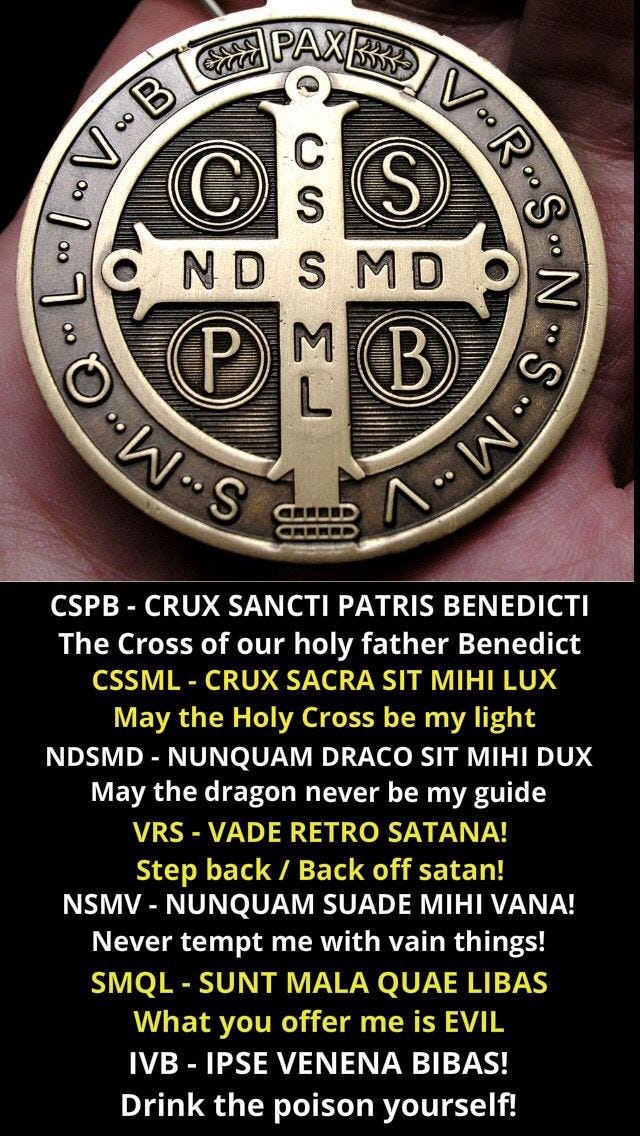Today, March 2, 2025, is the birthday of Saint Benedict according to a few sources I came across today.
Saint Benedict is one of the Saints I have relied on heavily throughout my journey the last decade including his medal which I learned of via a signal grace.
I was doing a little research on him today and I came across the writings of Saint Gregory the Great on the life of Saint Benedict. Here’s what the source of my findings had to say about it.
“The Life of Our Most Holy Father Saint Benedict” is a significant historical account written by Gregory the Great, a 6th-century Pope. This text provides valuable insights into the life and work of St. Benedict, one of the most revered figures in Christian history. Its detailed narrative and portrayal of Benedict’s contributions to monasticism offer a glimpse into this iconic saint’s spiritual journey and teachings. Gregory the Great’s work stands as one of the few ancient accounts and remains highly influential in understanding the legacy of St. Benedict.
It’s a rather large piece broken into 38 chapters. Rather than drop it here in its entirety I thought I’d send out a chapter a day instead for those who are interested.
Here’s the introduction.
The Life of Our most Holy Father Saint Benedict
By Gregory the Great
INTRODUCTION
There was a man of venerable life, Benedict by name and grace, who, from the time of his very childhood, carried the heart of an old man. His demeanor indeed exceeded his age; he gave himself no discontent or pleasure, but living here upon earth, he despised the world with all its glory, at such a time as he might have most freely enjoyed it. He was born in the province of Nursia of honorable parentage and sent to Rome to study the liberal sciences. But when he saw there were many through the uneven paths of vice running headlong to their own ruin, he drew back his foot, but new-set in the world, lest, in the search of human knowledge, he might also fall into the same dangerous precipice. Contemning therefore learning and studying and abandoning his father’s house and goods, he desired only to please God in a virtuous life. Therefore, he departed skillfully ignorant and wisely unlearned. I have not attained unto all this man did, but the few things which I here set down were related to me by four of his disciples: Constantine, a very reverend man, who succeeded him in the government of the monastery; Valentinian, who for many years bore rule in the monastery of Lateran; Simplicius, who was the third superior of that congregation after him; and Honoratus, who yet governs the monastery that he first inhabited.
I’ll drop Chapter One tomorrow morning.
Have a great evening!






